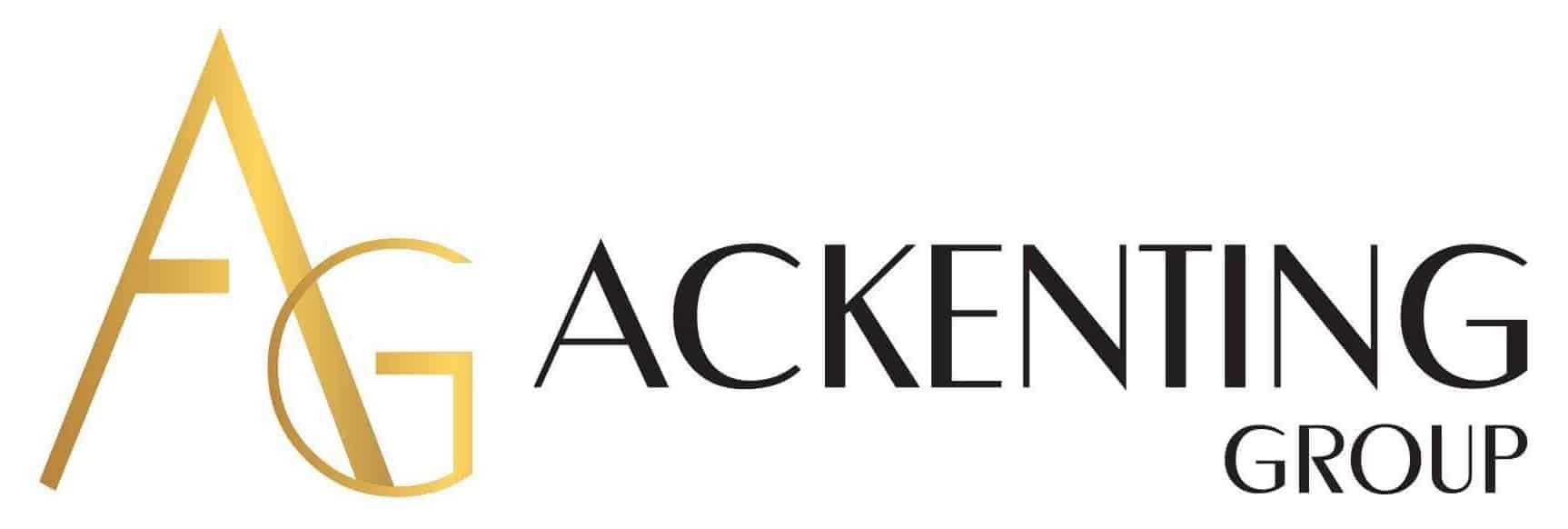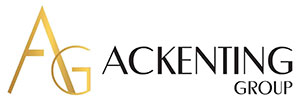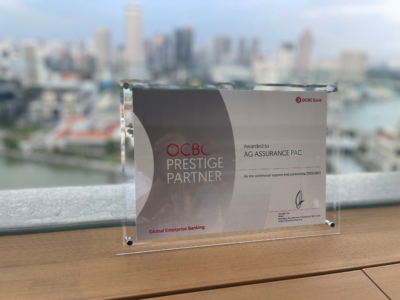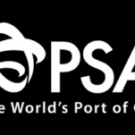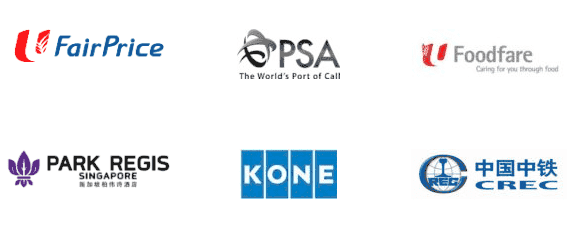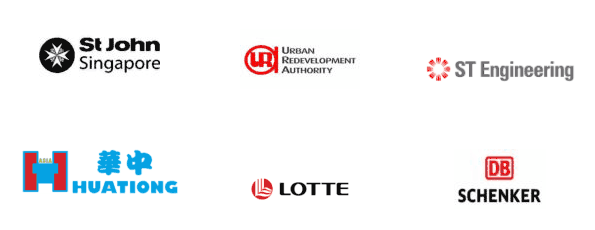Company Financing: Equity Financing vs Debt Financing
When it comes to funding your business, there are several options you can consider, but two primary funding methods stand out in Singapore: equity financing and debt financing.
Both approaches have their advantages and disadvantages, and choosing the right one for your business is a crucial decision that can significantly impact your business growth.
So, keep reading to learn the key differences between debt and equity financing and the factors to consider before picking a funding option!
What is Equity Financing?
Equity financing, also known as equity capital or equity funding, is the process of raising capital by selling ownership shares in your business to investors or shareholders in exchange for their funds.
In other words, equity finance involves bringing in outside investors, such as friends and family or an initial public offering (IPO), who become partial owners of the business.
What is Debt Financing?
Debt financing, on the other hand, involves borrowing money from different sources such as:
- banks
- financial institutions
- bondholders
- private lenders
In debt financing, the business enters into agreements to receive funds in exchange for a promise to repay the borrowed amount with interest over a specified period.
This borrowed capital can take the form of instalment loans, revolving loans and cash flow loans and can be used for various purposes, including:
- working capital
- expansion
- purchasing assets
- funding specific projects
Key Differences Between Debt vs Equity Financing

Borrowing vs Ownership
Equity investors become partial owners of the business as they own shares (equity), which reduces your shareholding in turn.
In contrast, you will remain the sole owner of the company in debt financing.
However, if you’re a startup with no experience in trading, you may face difficulties in getting a loan from traditional lenders. In this scenario, getting an equity investor for help is a better alternative than from the debt finance providers.
Repayment and Financial Obligations
Equity financing carries no repayment obligation as the investors are not creditors. That said, equity investors do require a return on their capital investment, which can only happen when your business is profitable.
Therefore, unlike debt finance, which has a fixed cost, the cost of equity finance varies as it is likely to take a cut of your company’s future earnings and value.
Meanwhile, if you obtain debt financing, you would have to pay back the loan amount plus added interest payments.
Control and Decision-Making
In many cases, equity investors might ask for a seat on the board of directors, which means they have a say in key strategic decisions and the overall direction of the business.
The level of influence depends on the percentage of ownership they hold and the terms of the equity agreement, but if you choose the right investor, they can bring value to your company.
Conversely, a lender does not have a say in the company’s operations, nor are they involved in making any strategic decisions.
Long-Term vs. Short-Term
Equity financing is often used for long-term capital needs and does not require collateral, making it suitable for:
- startups
- early-stage companies
- businesses with growth-oriented strategies
On the other hand, debt financing is more commonly used for shorter-term capital needs and requires collateral such as property or equipment. If you’re unable to pay your business loans, lenders have the right to seize the assets as part of debt payments.
Which is Right for Your Business?

Business Stage
Startups and early-stage businesses may find equity financing more appealing when comes to company financing options, as it provides much-needed capital without the pressure of debt repayment.
Established businesses with a solid financial track record might prefer debt financing to raise money as it allows them to maintain control and assume full ownership.
Growth Goals
Suppose your business has ambitious expansion plans, and you need substantial capital for long-term growth.
In that case, equity financing may be the way to go, as debt financing is typically more suitable for shorter-term funding needs.
Risk Tolerance
Consider how comfortable you are with sharing ownership and bearing the risks associated with equity financing.
If you prefer retaining authority and are able to shoulder the obligation of debt repayment, then debt financing might be more in line with your risk tolerance.
Exit Strategy
One of the most important points to note is thinking about your long-term exit strategy.
If you plan to sell your business in the future, equity financing may allow you to share the profits with investors when you exit. In contrast, with debt financing, you will need to repay the loans regardless of your exit strategy.
Find the Best Company Financing Option for Your Business with AG Singapore’s Bespoke Corporate Financing Services

Feeling confused with all the different financing options and requirements out there?
Not to worry – AG has got your back!
As an award-winning, one-stop solution accounting services provider, we have established a strong network with reputable funding partners and financing advisors to grant our clients access to external funding sources faster and easier.
With our strong network and professional expertise, we help you sort out the most competitive facility package that best fits your business needs while fulfilling facility requirements.
There’s no easier way to secure your company’s financing. Contact us today and get FREE expert advice for your next steps!
